Artificial Intelligence
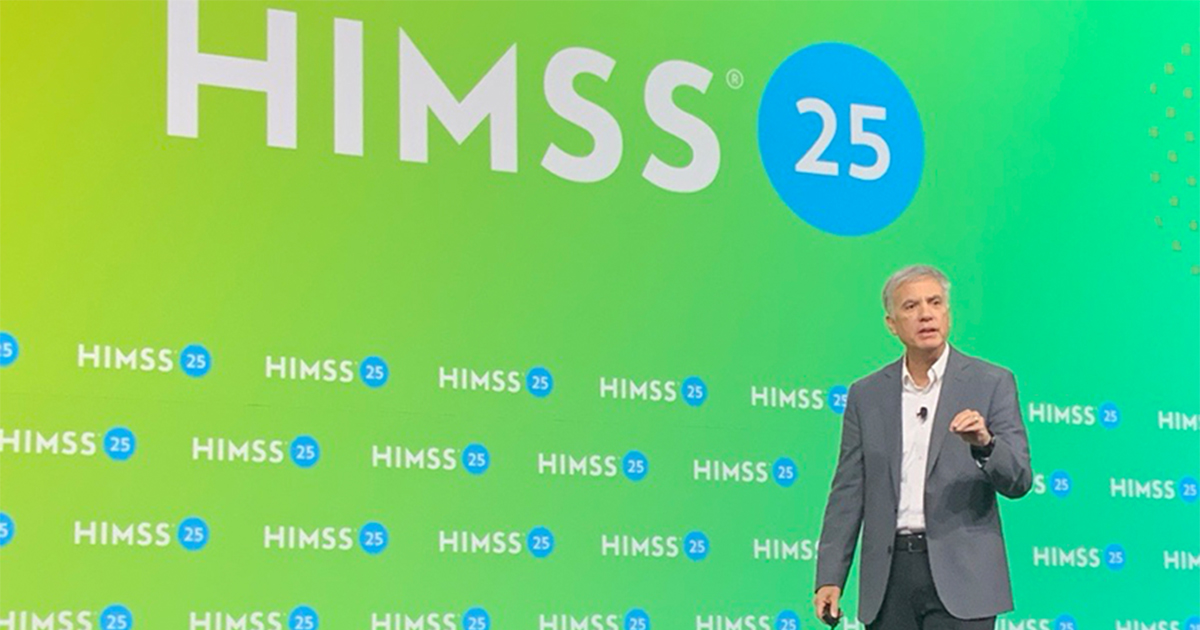
At HIMSS25, Gen. Paul Nakasone, former director of the National Security Agency, said the unique challenges and opportunities of artificial intelligence in healthcare mean, "we all must be willing to take a few microsteps."
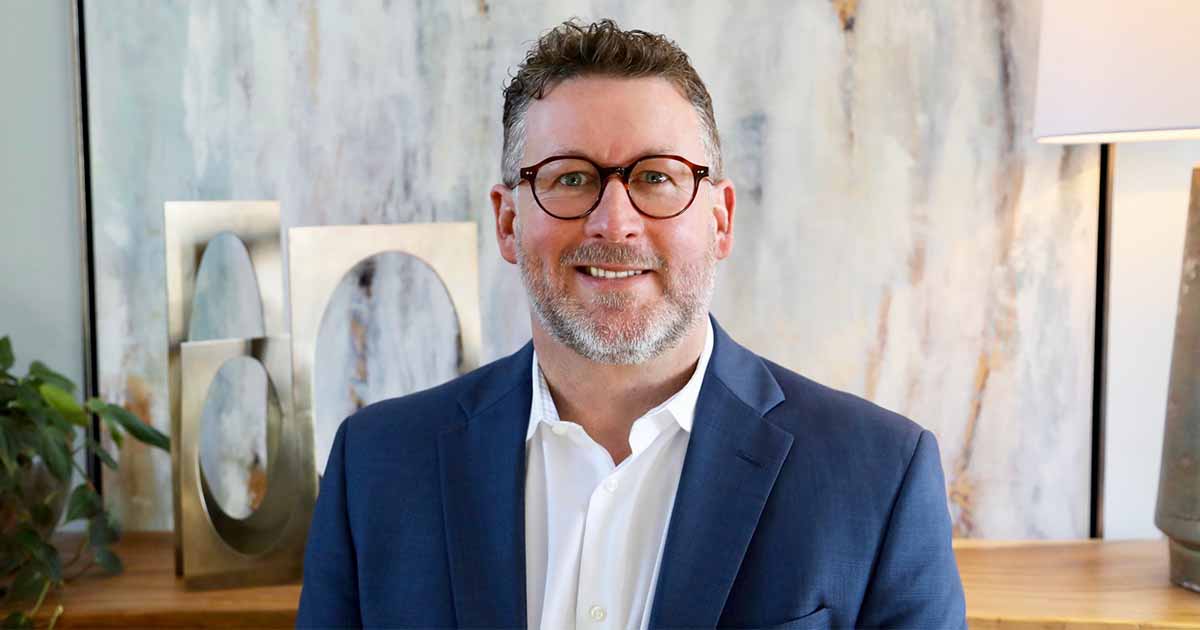
Chris Althoff, an EVP at emtelligent, says generic artificial intelligence systems lack the specialization needed to navigate medical terminology and the unique operational realities that exist across health systems.
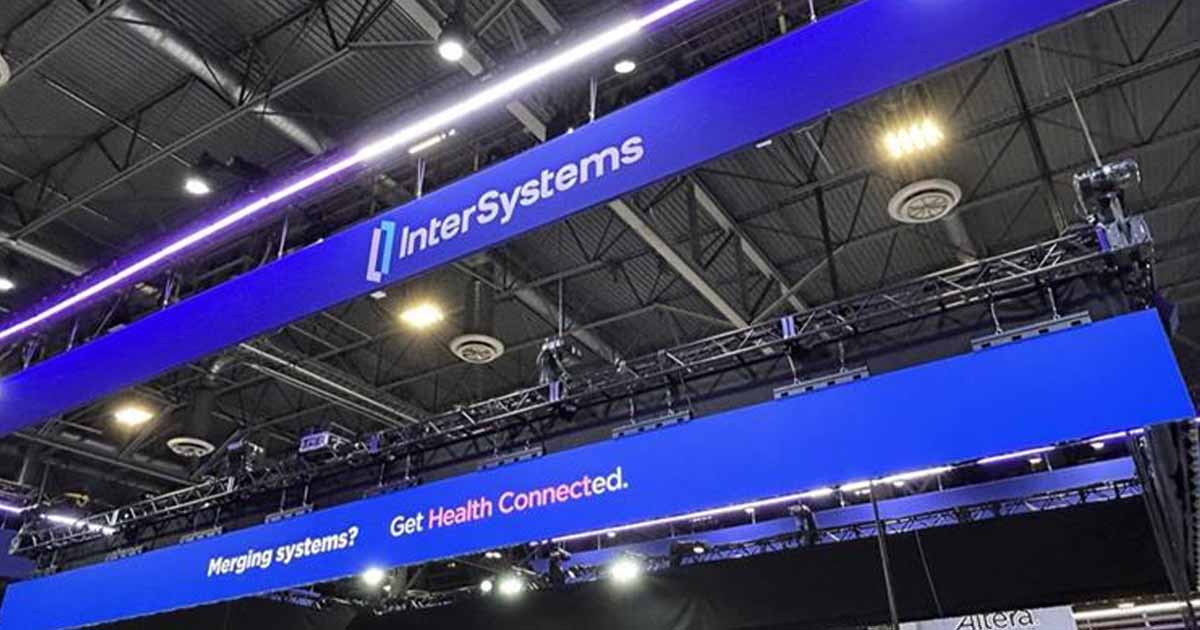
The electronic health record, called IntelliCare, uses the latest AI technology with the aim to enhance workflows and optimize operations for health systems undergoing rapid digital transformation.

Dr. Colin Banas of DrFirst says AI innovations, for one thing, are eliminating long hold times and back-and-forth calls between providers, insurers and pharmacies – easing frustration and giving patients greater control over their care.

The HIMSS25 keynote speaker's new deal is Zetaris, "the next generation data lake and modern lake house for AI."

A new chatbot on its mobile health app features AI-based avatars that can communicate synchronously with patients through text, voice, or video chat.
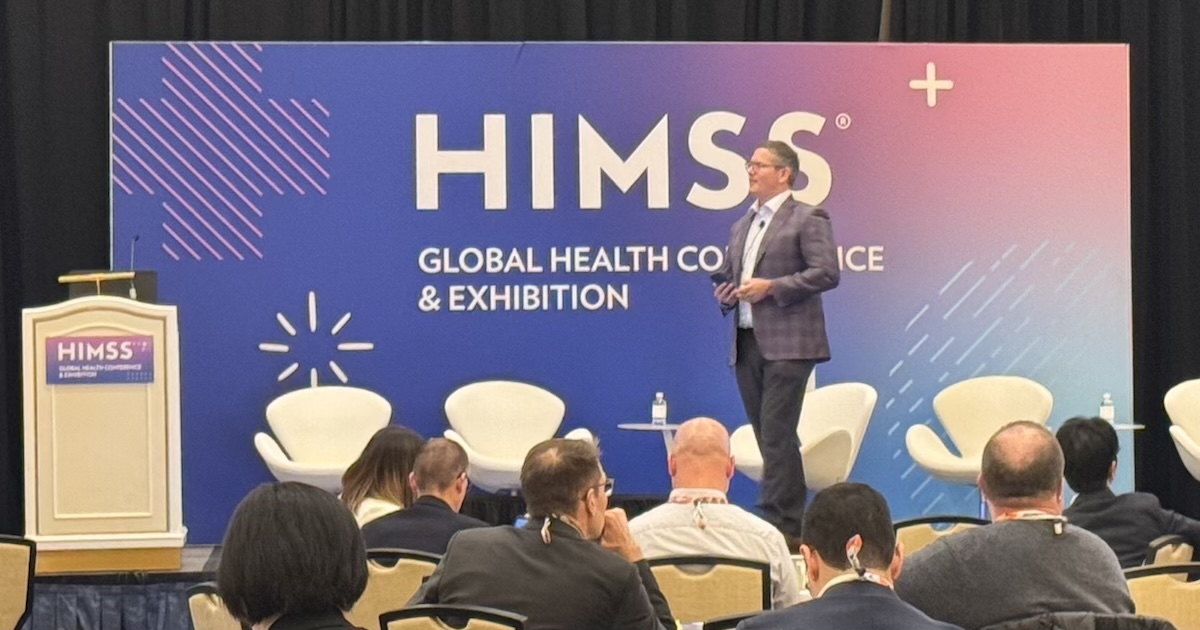
Matt Cybulsky, healthcare leader for AI, go-to-market and design at Ionian Consulting, discussed how AI transforms the way we interact but how utilization of AI is under scrutiny.
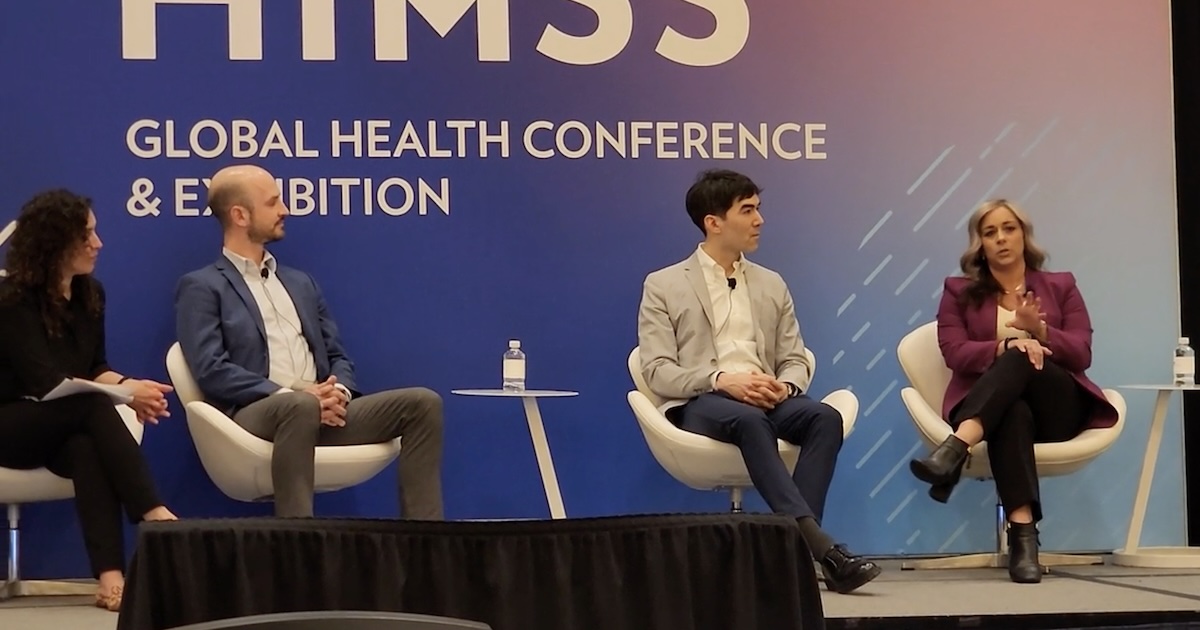
Healthcare stakeholders from hospital systems across the U.S. provided insight on evaluating and employing various technologies to benefit providers and patients.
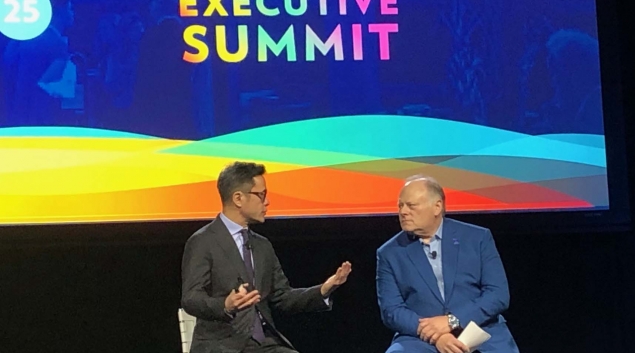
HIMSS President and CEO Hal Wolf and Pierre Le Manh, president and CEO of PMI, sat down for a fireside chat at the HIMSS25 Executive Summit.

Without short-term change, execs believe tech doesn't live up to its billing and go back to business as usual – then, they wake up and the whole world is different and they have fallen behind, warns FDB president at HIMSS25.